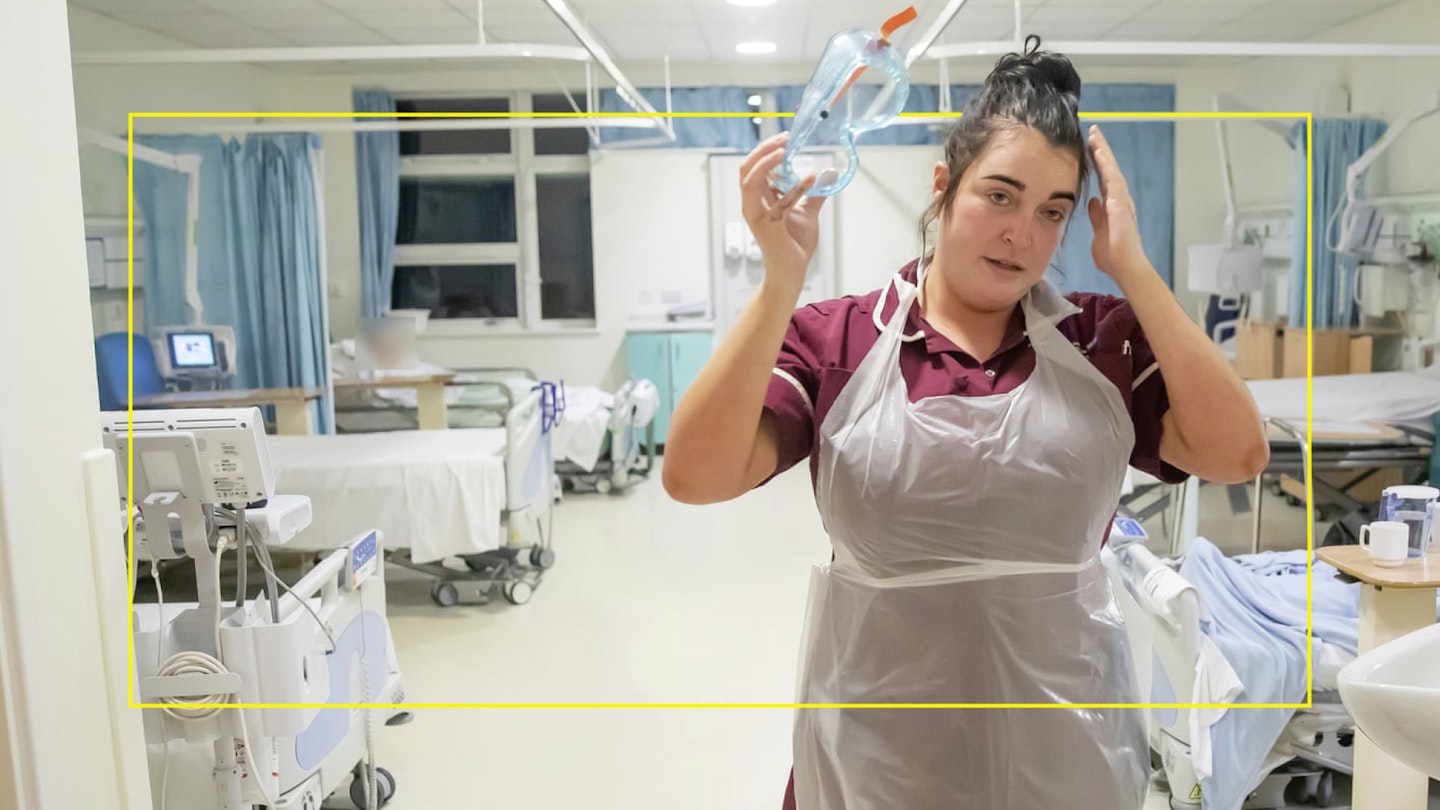The gravity of Covid-19 hit Jo – an ophthalmologist now working as an ICU doctor – when her medical friends started to panic. ‘A few of my medic WhatsApp groups were going crazy, sending studies about how awful it’s going to be,’ she tells me over the phone on one of her rare days off. ‘When they started saying that medics were dying, I just spiralled. I went to bed and I just couldn’t stop shaking; it was awful. I’ve never experienced anything like that before.’
It was at that point that Jo contacted Duty To Care (DTC), a new charity-funded initiative that offers free therapy – from CBT to mediation – to NHS workers affected by the pandemic. ‘I knew that I needed some release,’ Jo tells me. ‘I’ve had two sessions with a life coach called Wendy now and it was just amazing. Now, when I start to feel that anxiety with all the new things that I’m not used to, like ventilator settings – as I originally trained as an eye doctor – I know how to manage it.’
An estimated 35% of junior doctors had endured mental health battles prior to the crisis. But now studies are saying that number is set to rise exponentially, and is one of the reasons the Duke and Duchess of Cambridge last week said that they would be actively supporting Our Frontline, a new mental health network of charities and organisations providing round-the-clock help for frontline workers.
Harriet Hunt, who founded a communications company, started DTC just over a month ago after witnessing her husband’s experience on the frontline as an anaesthetist. She asked Sadie Reid, founder of wellness magazine Hip And Healthy{
Megan, a doctor who works on a labour ward at a London hospital, is also seeking help through DTC. ‘Some pregnant Covid patients are starting to turn up but our services haven’t been directly hit yet’, she says. ‘So there is a great feeling of anxiety, as though there’s a tsunami about to happen.’
Meanwhile, Jo’s learning to ‘switch off and not bring work home’, which is important as she is dealing with death on a regular basis. ‘It’s emotionally really hard looking after very sick patients, especially as a lot of them are a similar age to me, in their mid-thirties, mid-forties,’ she says, adding that many do not have underlying health conditions. ‘A 38-year-old man who I was looking after just died and he had twins like me,’ she says. ‘It’s hard when you think that could be me, or friends, or colleagues.’ This fear is very real for Jo, as one of their nurses is on a ventilator after contracting Covid-19.
The most difficult part of the job, Jo explains, is seeing patients die alone. ‘It’s just really sad. We FaceTime relatives so they can say their last goodbyes to people, but it’s not personal enough. It’s awful, especially as it’s also the first time that they’ve seen them on a ventilator, which is not a nice way to see a loved one anyway.’ Jo finds talking to her patients’ distraught families upsetting. ‘That’s when I’ve cried. That’s when you realise this is someone’s husband, or wife, or dad, or brother.’
The shortage of PPE (personal protective equipment) is an added worry for Jo, who explains that her colleagues sometimes ‘fashion makeshift gowns out of plastic’, and that vital equipment such as dialysis machines aren’t always available. ‘I’ve looked after patients who have really needed a dialysis machine, but you’ve just got to wait and manage them the best you can,’ she says. ‘You’re desperately waiting for this machine and you can see toxins in their blood building up and up and looking worse and worse.’
It’s also tough witnessing friends and colleagues struggle mentally. Jo says she has encouraged them to explore the free therapy available. ‘People are going to have to realise that they need to look after themselves,’ she says, adding that she hopes the crisis will change the way doctors ‘think about mental health’.
In the past, Megan says that hasn’t always been at the forefront of the profession for medics themselves. ‘There’s always a focus on “mental resilience” at work, but you’re expected to work it out on your own. If you’ve had a bad outcome [for instance, if one of your patients has died], you’re expected to come back the next day,’ she explains, adding that some medics feel that taking sick days is a sign of weakness. ‘Health workers need help building resilience and wellbeing – they deserve to have some time to themselves and for someone to properly ask them, “Are you OK?”’
Health workers need help building resilience and wellbeing.
Still, both Jo and Megan have noticed a shift in attitudes in their respective hospitals during Covid-19. ‘People have suggested that we can take time off, which is unprecedented. They’re making sure we are coping and checking in,’ Jo says. ‘Suddenly, consultants are now emailing us as friends. Normally that doesn’t happen at all.’
‘My bosses are being kinder to us,’ Megan adds, explaining that a wellbeing centre has been set up and she’s also been encouraged to take time off.
Yet everyone is aware that support must be available for health workers long-term. ‘It’s about helping them through the aftermath, too,’ says Harriet. ‘Once all of this goes, they have to get over what they’ve seen. People who work for the NHS aren’t the sort who would talk about it. I really hope this whole clap-for-our-carers mentality sticks around. We desperately need to look after the NHS.’
READ MORE: Terrified. Emotional. Uncertain. Lonely. Four Tales From The NHS Frontline
READ MORE: Love And Life In A Time Of Coronavirus
Coronavirus: Relationships
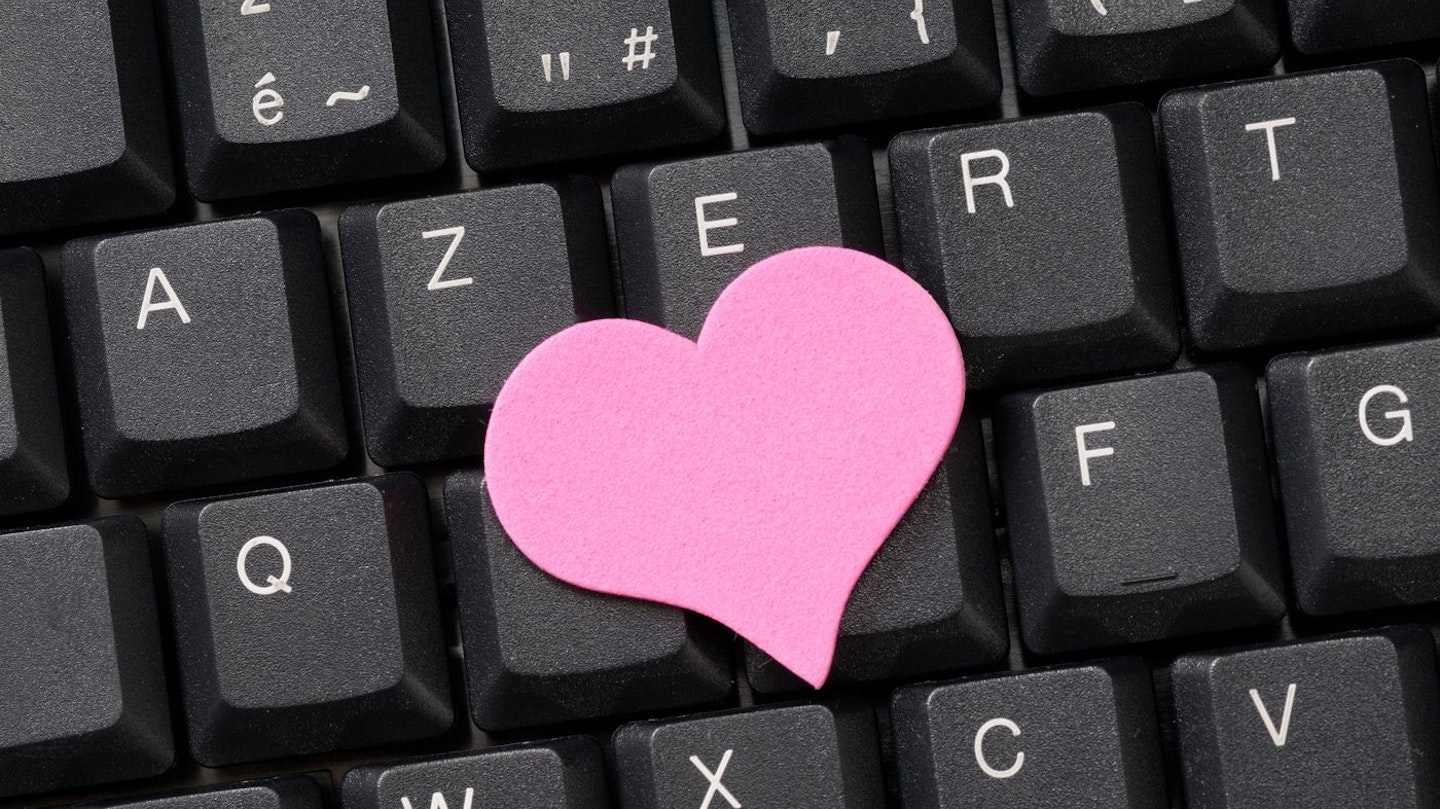 1 of 9
1 of 9How To Maintain Your Dating Life In A Lockdown If You're Single
 2 of 9
2 of 9The Six Best Ways To Overcome Your Fear Of Video Dating
 3 of 9
3 of 9Love Lockdown? Not According To Tinder
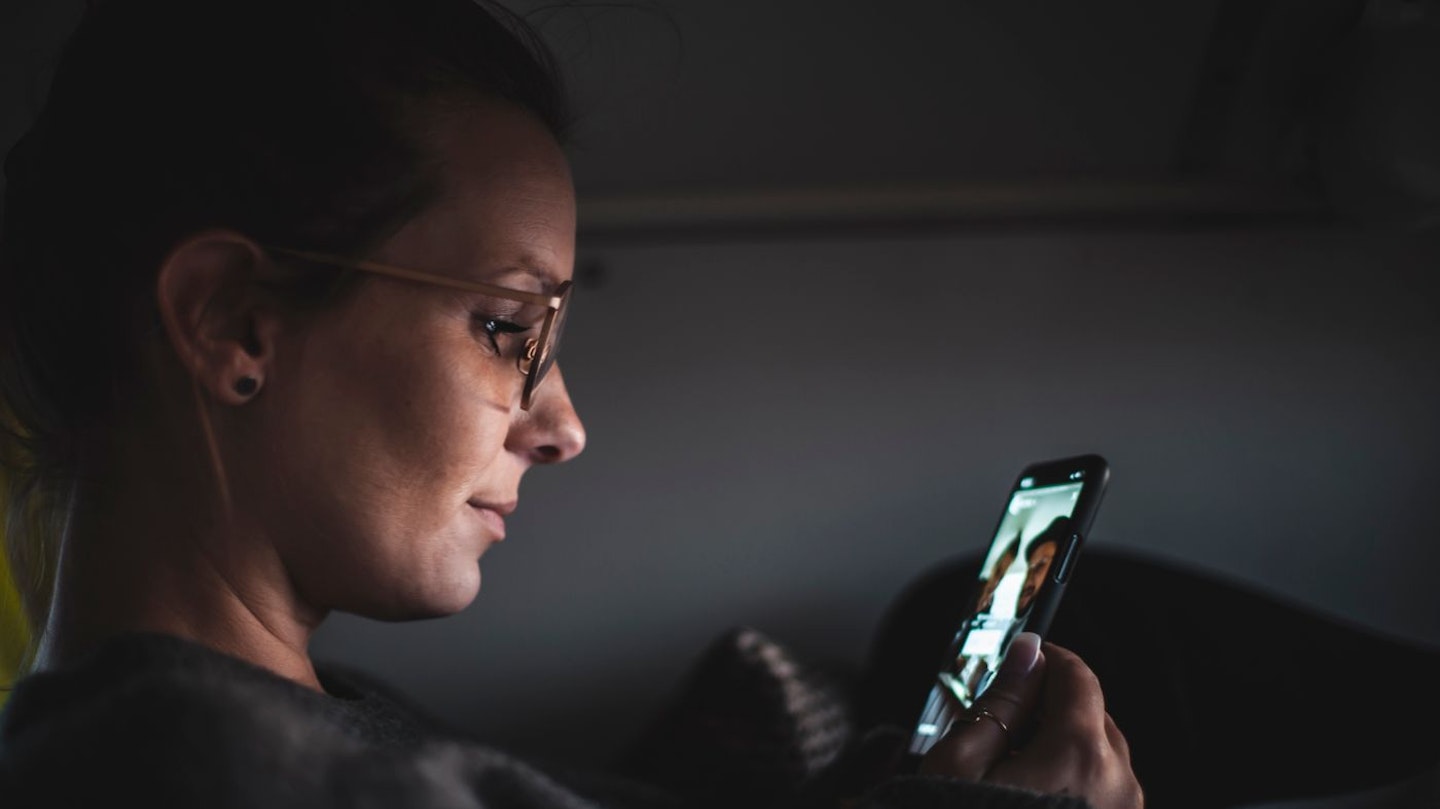 4 of 9
4 of 9What It’s Like To Break Up With Someone Over Zoom?
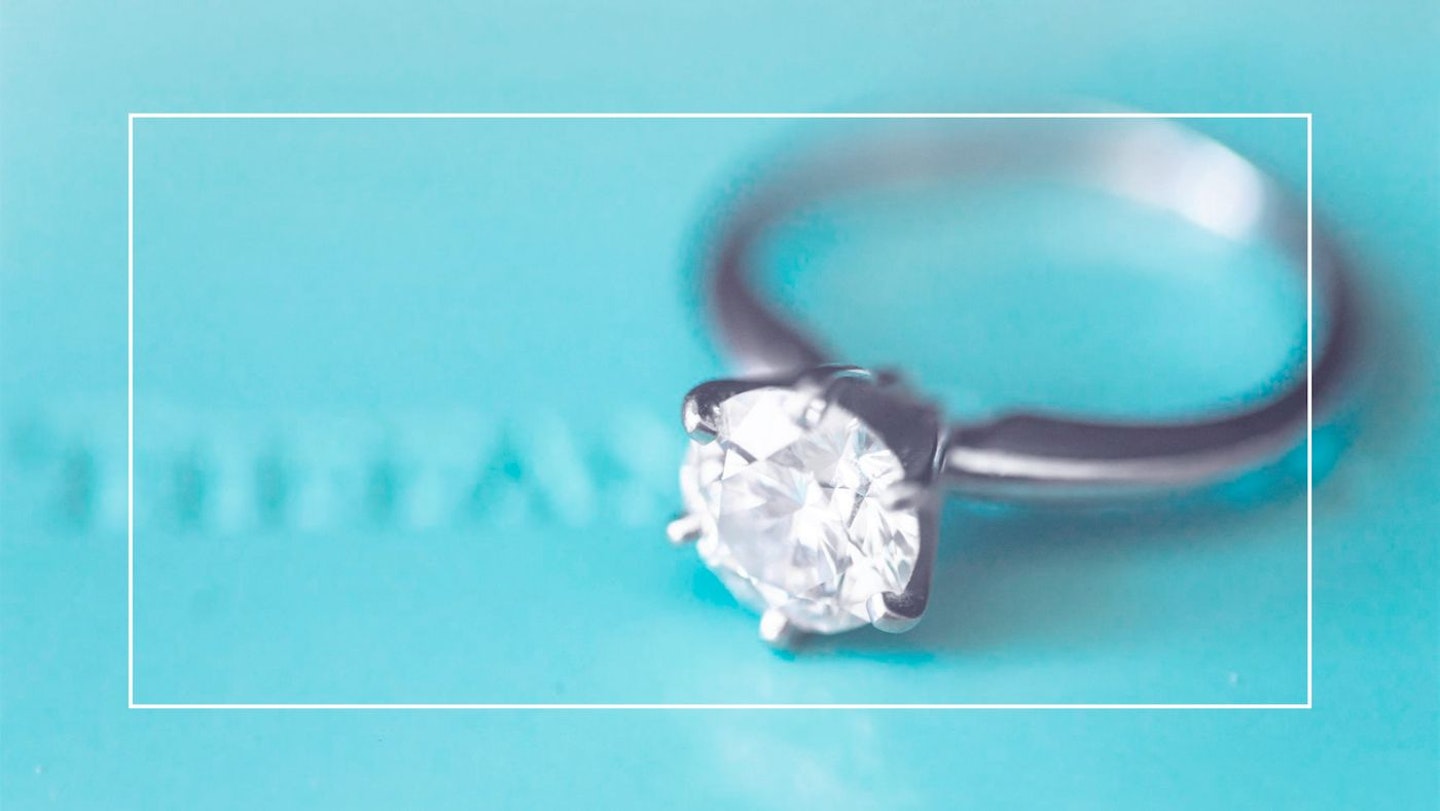 5 of 9
5 of 9‘I Didn’t Think I Could Actually Feel Happy In This Shit Show Of A Year...’ How It Feels To Get Engaged In Lockdown
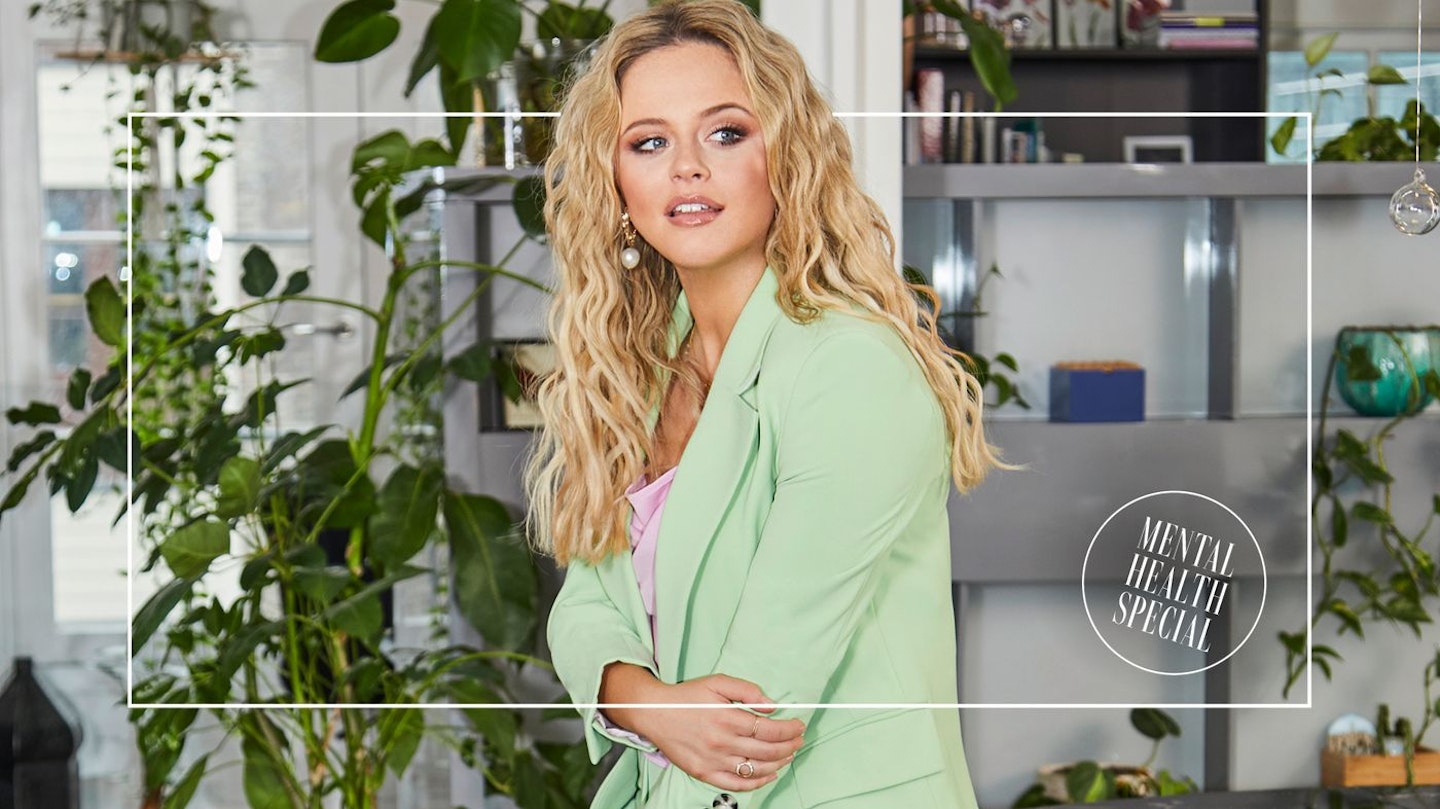 6 of 9
6 of 9Emily Atack: Isolating When You're Single
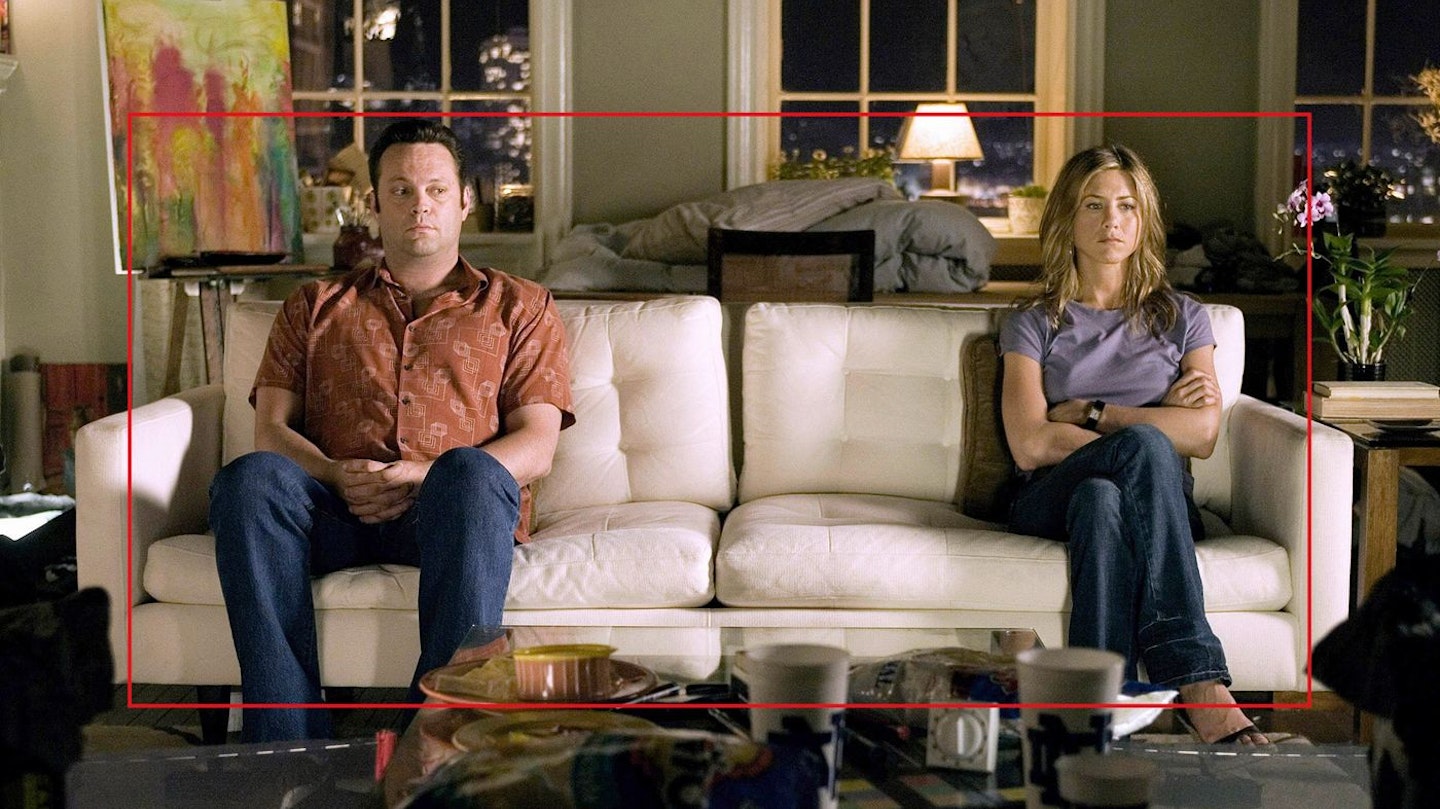 7 of 9
7 of 9The Real Reason Your Ex Is Back In Touch
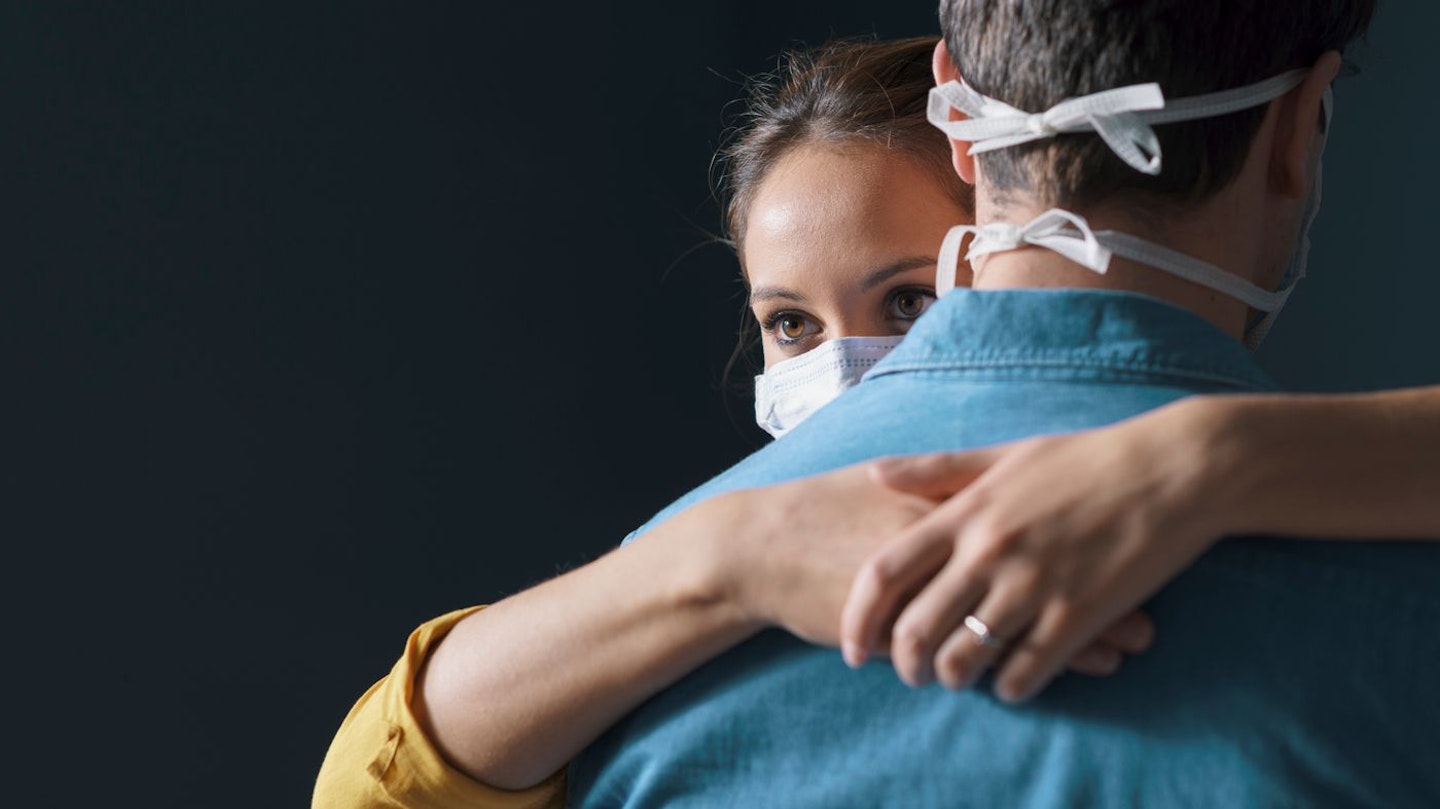 8 of 9
8 of 9Are People Really Having So Much More Sex There'll Be A Lockdown Baby Boom?
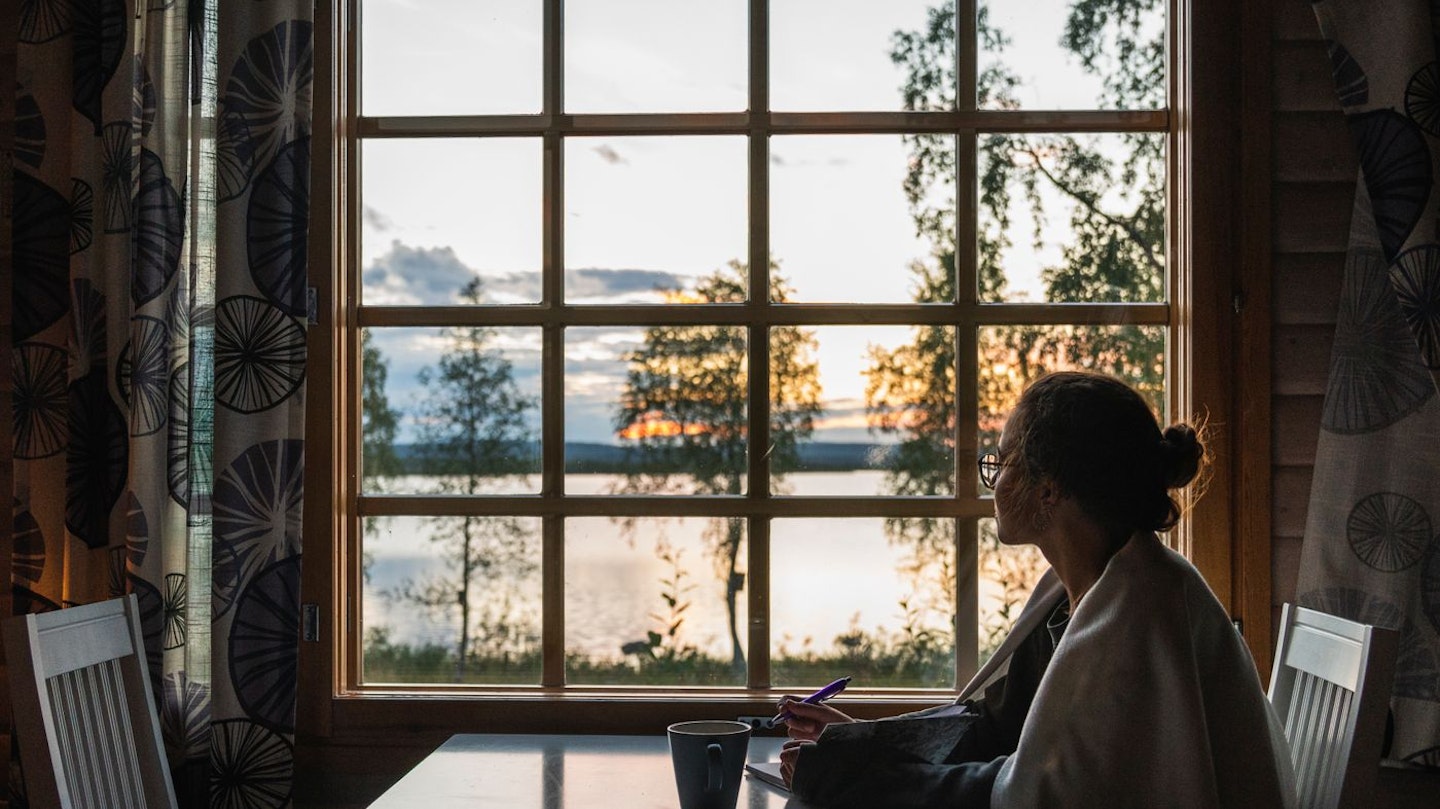 9 of 9
9 of 9